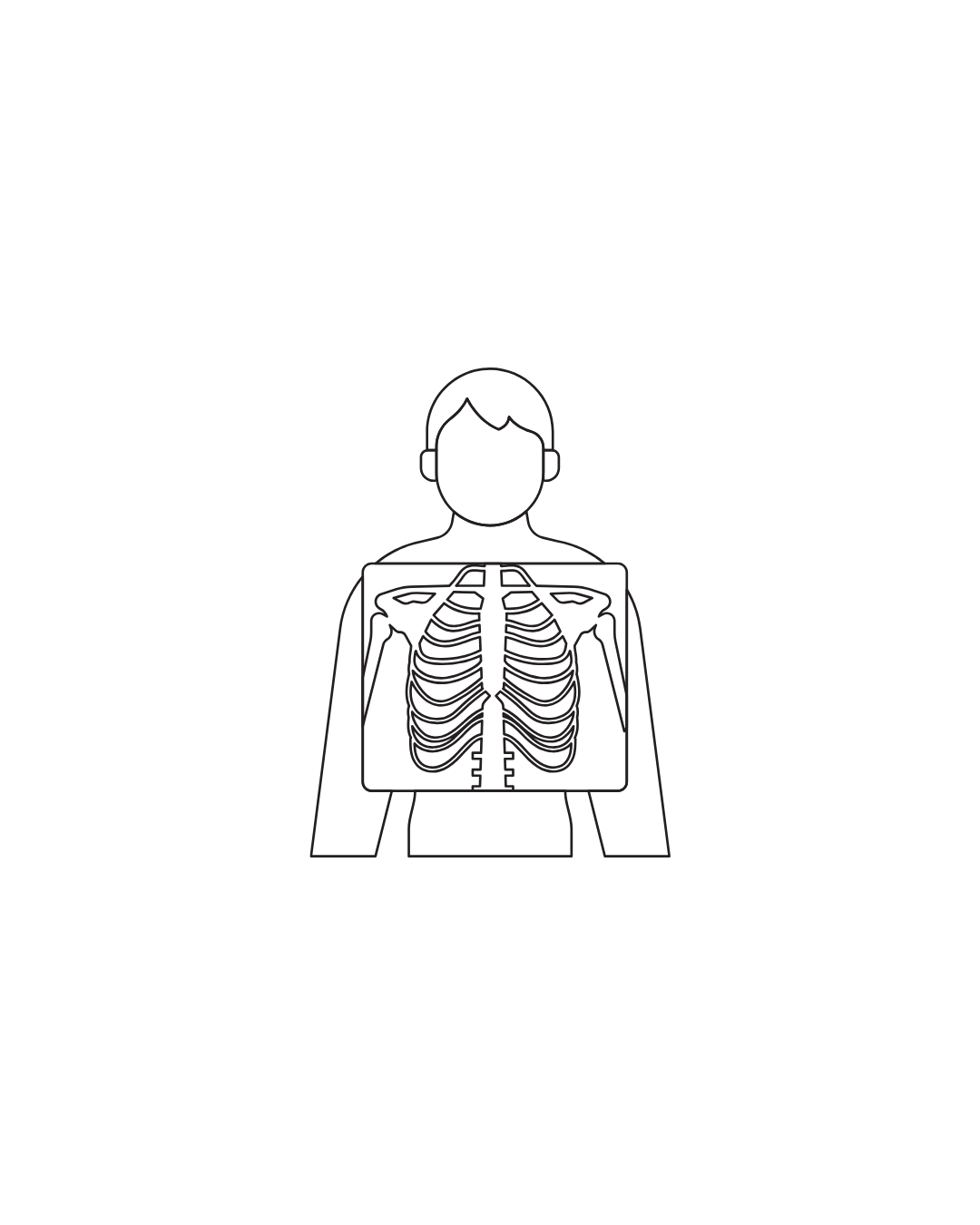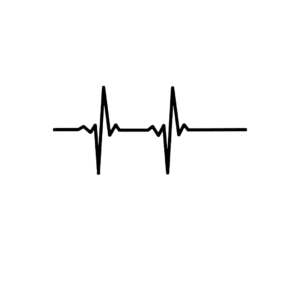Description
Overview of Master of Science in Radiology & Imaging Technology (M.Sc in RIT)
The Master of Science in Radiology & Imaging Technology (M.Sc in RIT) is an advanced graduate program focused on enhancing knowledge and skills in medical imaging technologies and techniques. This program prepares professionals for leadership roles in radiology, imaging technology, and related fields, emphasizing both clinical practice and research.
Core Areas of Study in M.Sc in Radiology & Imaging Technology
Advanced Imaging Modalities
In-depth exploration of various imaging techniques, including:
Magnetic Resonance Imaging (MRI)
Computed Tomography (CT)
Ultrasound
Nuclear Medicine
Interventional Radiology
Radiologic Physics
Understanding the physical principles underlying imaging modalities, including radiation safety, dosage calculations, and equipment operation.
Anatomy and Pathophysiology
Advanced study of human anatomy and the underlying mechanisms of diseases as they relate to imaging findings.
Research Methodology
Training in research design, biostatistics, and data analysis, enabling graduates to conduct effective research in imaging technology and clinical practices.
Quality Assurance and Regulatory Standards
Examination of quality control procedures, accreditation, and compliance with regulatory standards in diagnostic imaging.
Radiation Safety
Focus on radiation protection methods for patients and healthcare workers, ensuring best practices in imaging procedures.
Patient Care and Communication
Emphasis on patient-centered care, including effective communication, the management of patient anxiety, and ethical considerations in imaging.
Leadership and Management in Imaging
Development of leadership skills necessary for managing imaging departments, including budgeting, staff management, and strategic planning.
Emerging Technologies in Imaging
Study of current trends and advancements in imaging technology, including digital imaging, artificial intelligence (AI), and tele-radiology.
Curriculum Structure
A typical M.Sc in RIT program includes:
Core Courses: Required classes covering advanced concepts in imaging technology, management, and research.
Elective Courses: Options for specialization in areas such as nuclear medicine, pediatric imaging, or advanced ultrasound techniques.
Clinical Practicum or Internship: Hands-on experience in clinical settings, allowing students to apply their knowledge under supervision.
Capstone Project or Thesis: A final project or research thesis that contributes to the field of radiology and imaging technology.
Admission Requirements
Admission to an M.Sc in Radiology & Imaging Technology program typically involves:
A bachelor?s degree in radiologic technology, medical imaging, or a related field.
A minimum GPA or equivalent academic qualification.
Relevant clinical experience or certification (e.g., ARRT certification).
Letters of recommendation.
A statement of purpose outlining the candidate’s interest in radiology and imaging technology.
Skills Developed in an M.Sc in RIT Program
Graduates of the Master of Science in Radiology & Imaging Technology program will develop a range of advanced skills, including:
Expertise in Radiologic Technologies: In-depth knowledge of various imaging modalities and their applications.
Research and Analytical Skills: Competence in conducting research studies and analyzing imaging data.
Leadership and Management Skills: Ability to lead and manage imaging departments effectively, ensuring quality and efficiency.
Advanced Clinical Skills: Proficiency in advanced imaging techniques and patient care practices.
Effective Communication: Skills for interacting with patients, healthcare teams, and stakeholders in the imaging field.
Career Opportunities
Graduates with a Master of Science in Radiology & Imaging Technology can pursue various career paths, including:
Clinical Radiologist or Imaging Specialist
Providing advanced imaging services and collaborating with medical teams for diagnostic purposes.
Imaging Department Manager
Managing the operations of radiology departments, including staff supervision, budgeting, and compliance with regulations.
Radiologic Science Educator
Teaching courses in radiology and imaging technology at colleges or universities.
Researcher in Radiology
Engaging in clinical research focused on imaging technologies and their applications in patient care.
Quality Assurance Coordinator
Overseeing quality control procedures and ensuring compliance with safety and regulatory standards in imaging practices.
Consultant in Imaging Technology
Providing expertise to healthcare facilities or vendors on the implementation and optimization of imaging technologies.
Conclusion
The Master of Science in Radiology & Imaging Technology (M.Sc in RIT) program equips graduates with the advanced knowledge and skills needed to excel in the dynamic field of medical imaging. With a focus on leadership, research, and patient care, graduates are well-prepared to take on critical roles in healthcare settings. If you have more questions about the M.Sc in RIT program or related topics, feel free to ask!









